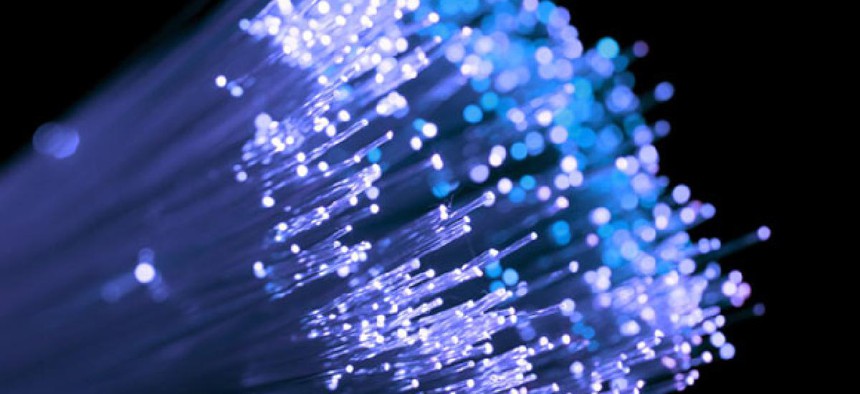Why Google Fiber and Its High-Speed Clones Are Too Expensive for Your City

Olga Miltsova/Shutterstock.com
Installing the fiberoptic cable in Kansas City cost $84 million.
If you're not jealous of Austin, which on Tuesday officially became the second lucky city to get access to Google Fiber — the search giant's experimental, super fast, surprisingly cheap fiberoptic Internet infrastructure — you should be, because it's unlikely that your city will ever get the coveted connection service of the future. By mid-next year Austin residents will begin to have Internet access that Google claims runs 100 times faster than the average broadband connection, for "roughly similar" prices to Google's first Fiber test case, Kansas City, a city where Internet bills run a very reasonable $70 per month but which provides a cautionary tale for the expensive realities of Google's project.
So how much longer until the rest of us join the revolution? Well, we might have to wait forever. Google CEO Larry Page has previously mentioned vague expansion plans for Fiber during earnings calls, calling it a "good business" and not just a "hobby." But it's very unlikely that Fiber will see a country wide release. Most importantly, installing fibertoptic cable is expensive — just laying down Fiber in Kansas City cost $84 million for 149,000 homes... and that was before even connecting the cables to the houses. One estimate pegs "nationwide deployment" at $140 billion, which would wipe out even Apple's big pile of cash reserves. Just another 20 million homes would cost $11 billion, according to other research.
Read more at The Atlantic Wire.
(Image via Olga Miltsova/Shutterstock.com)
NEXT STORY: Astronauts' Favorite Space Food: Shrimp Cocktail





